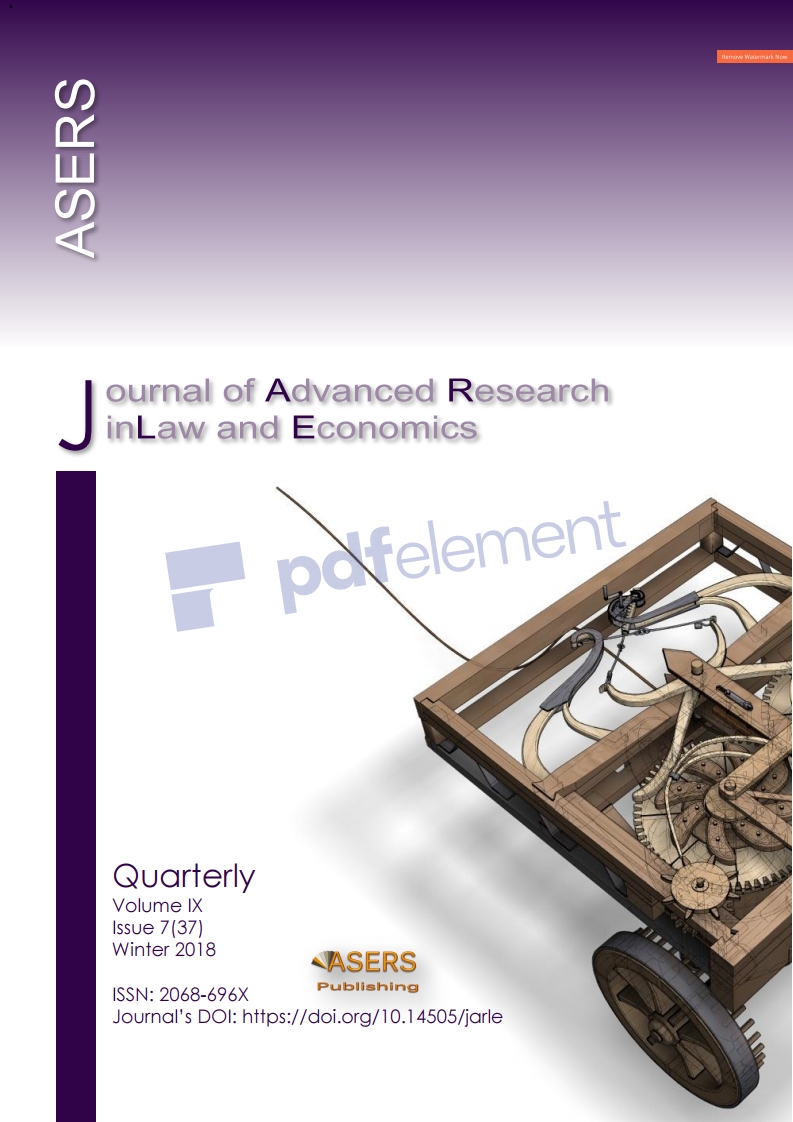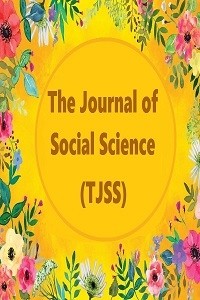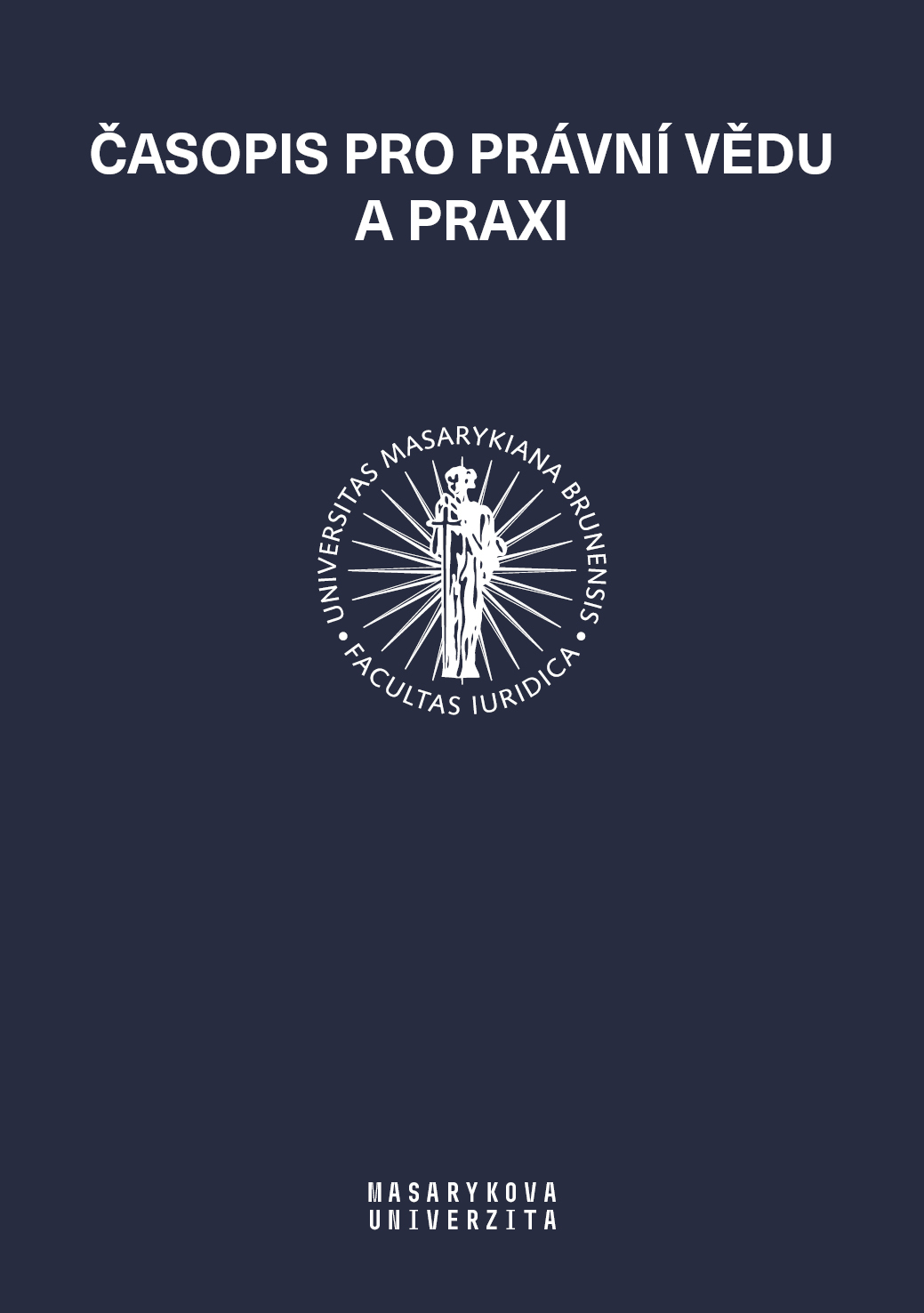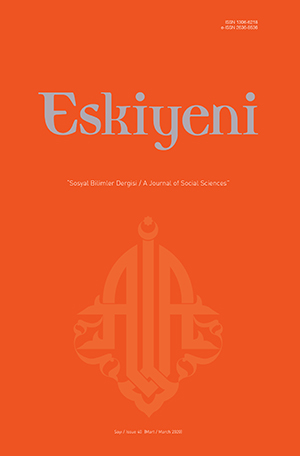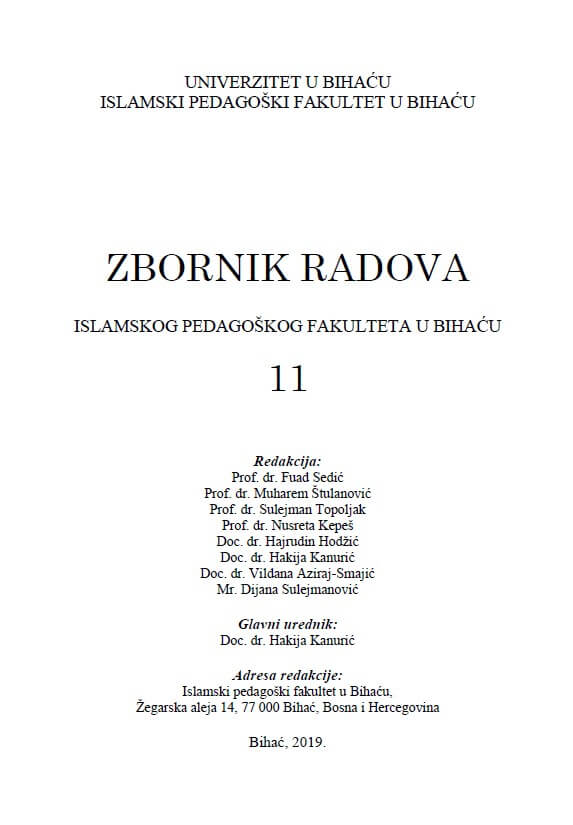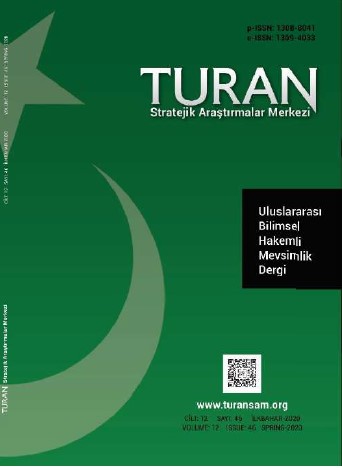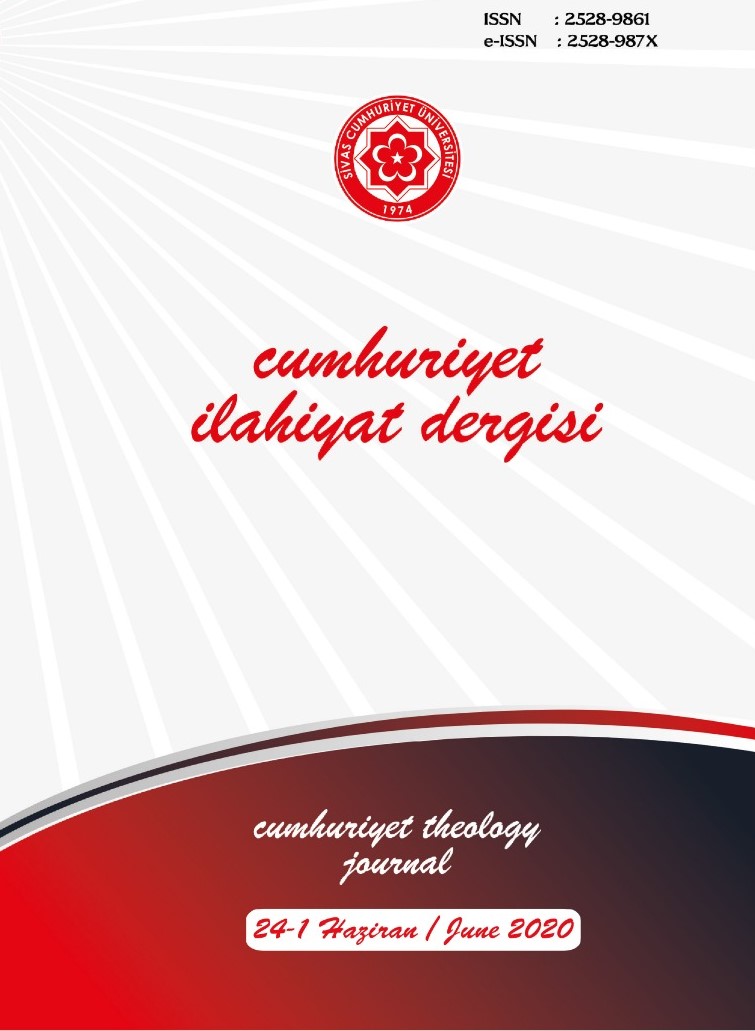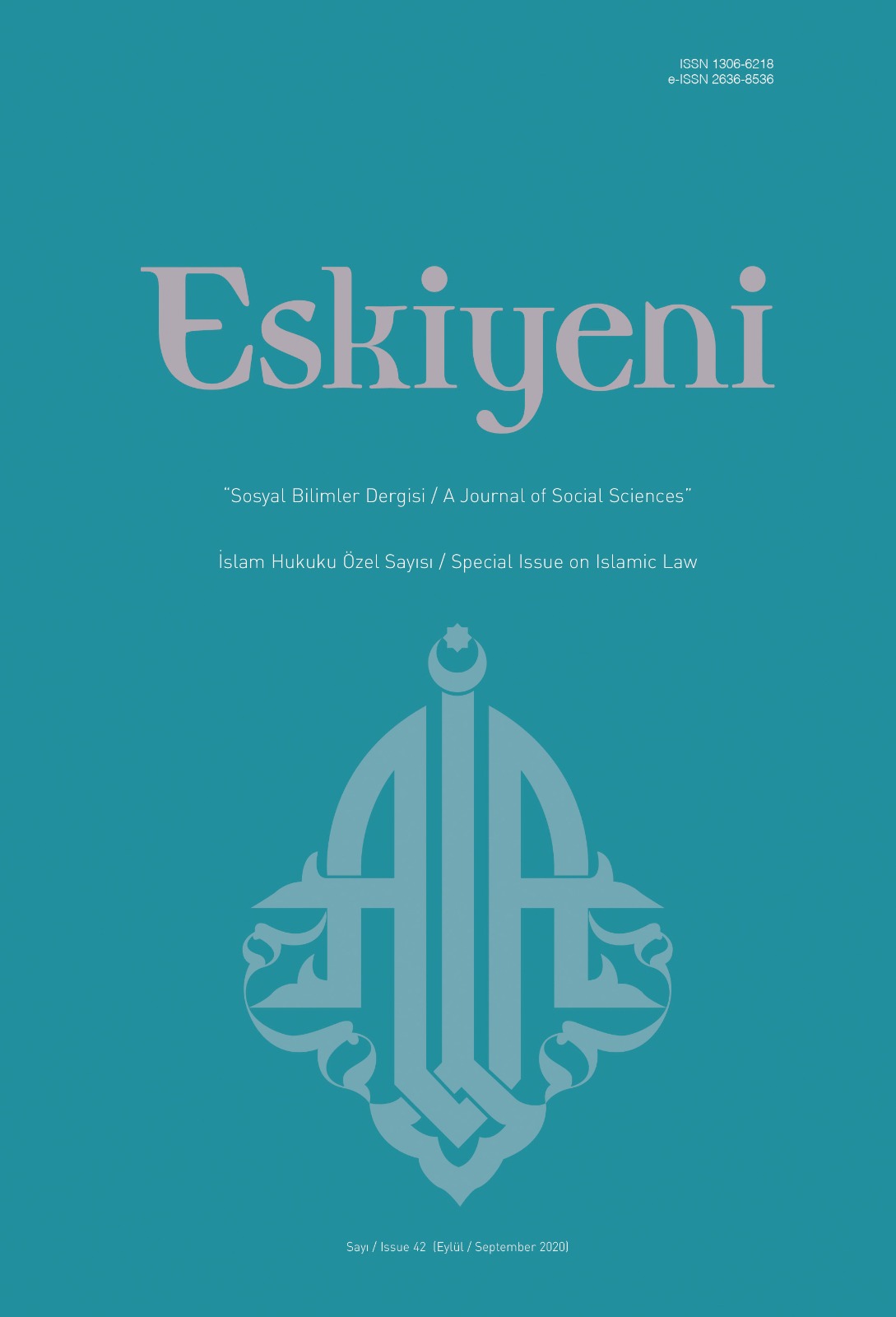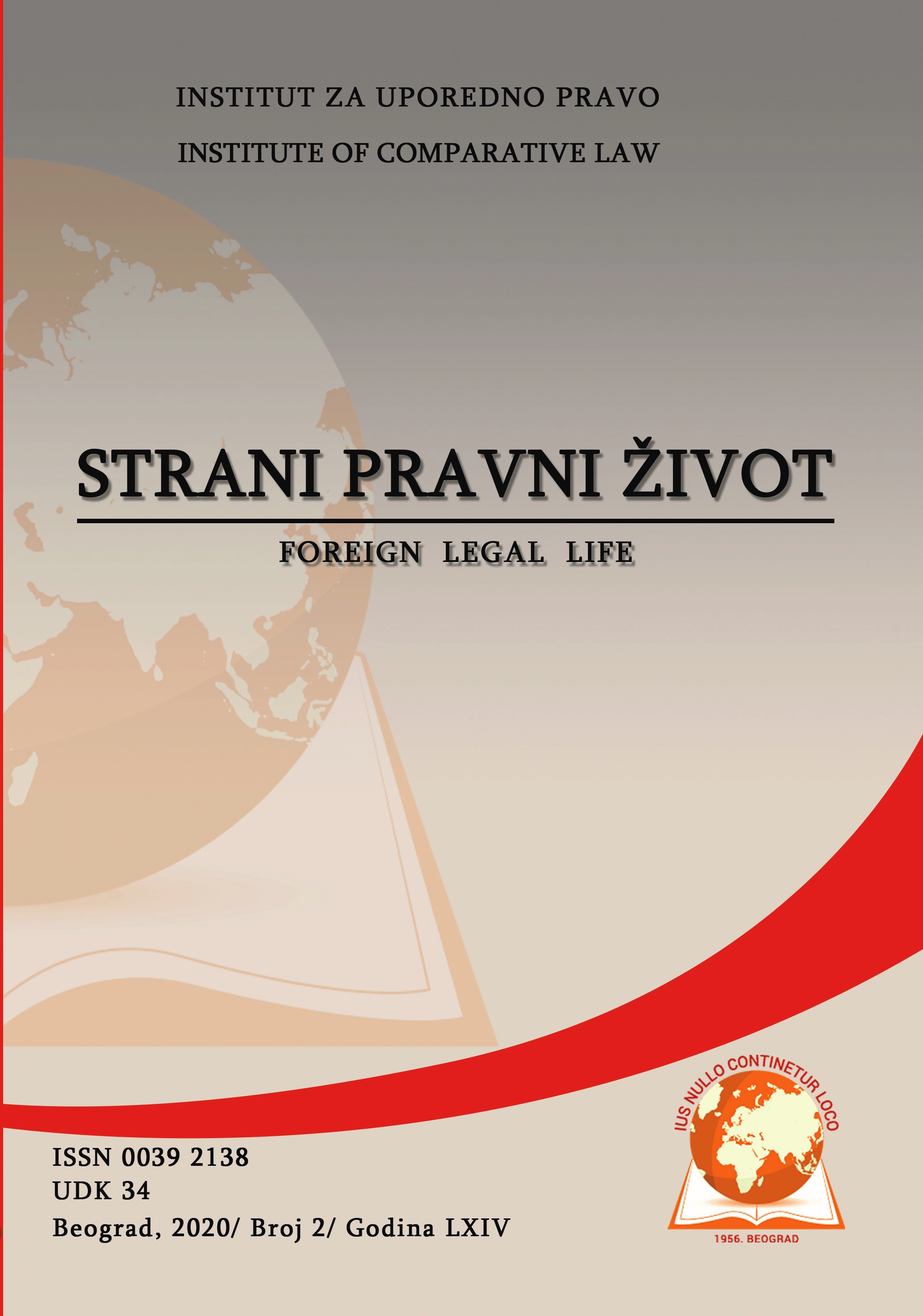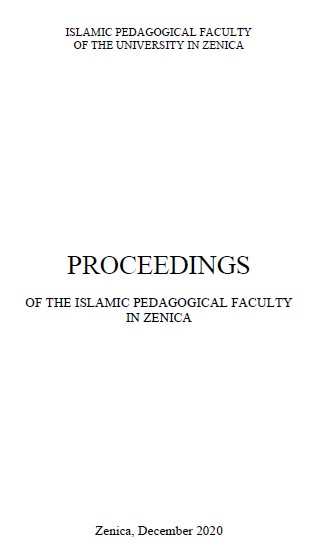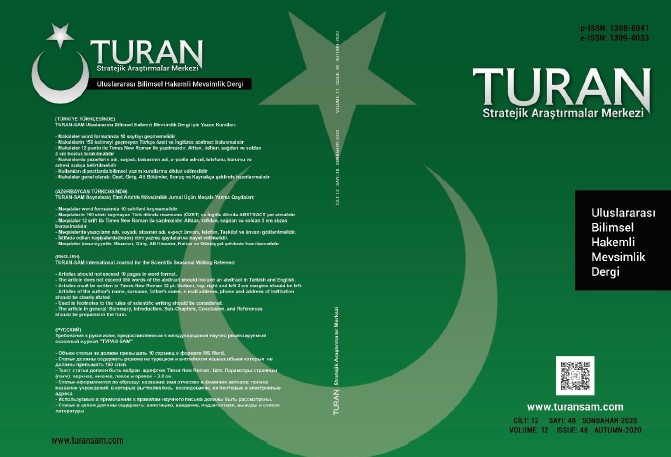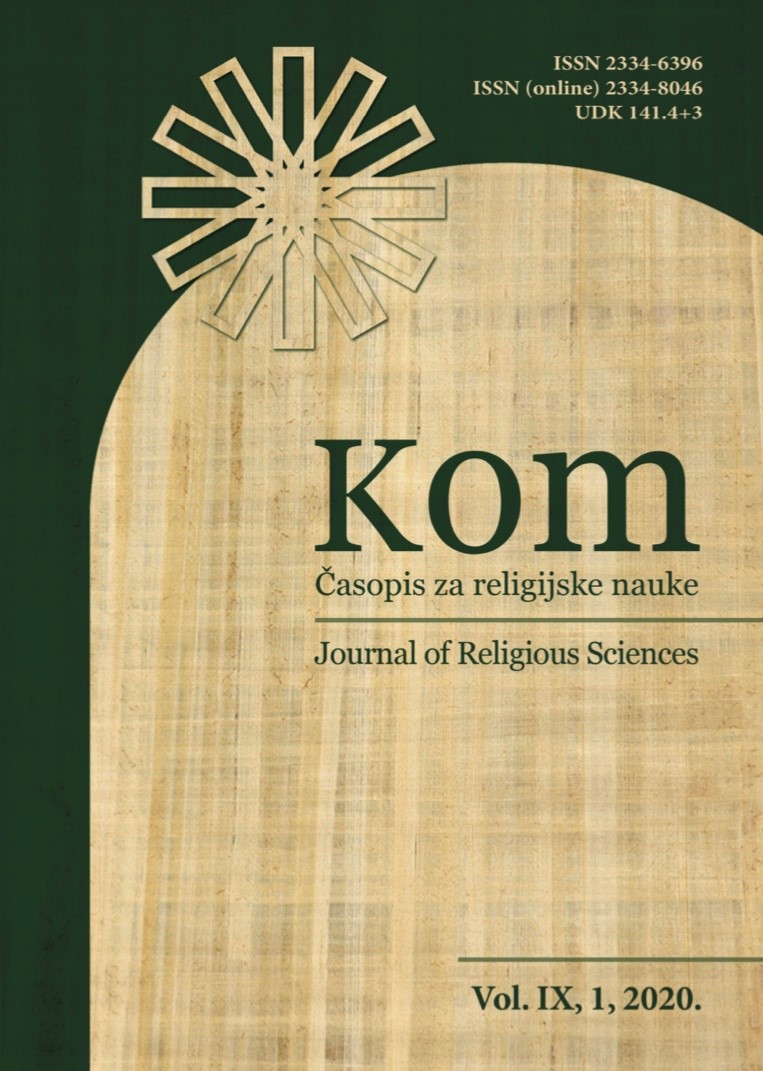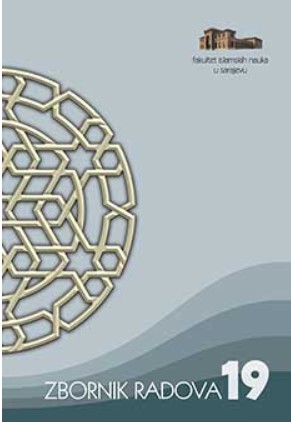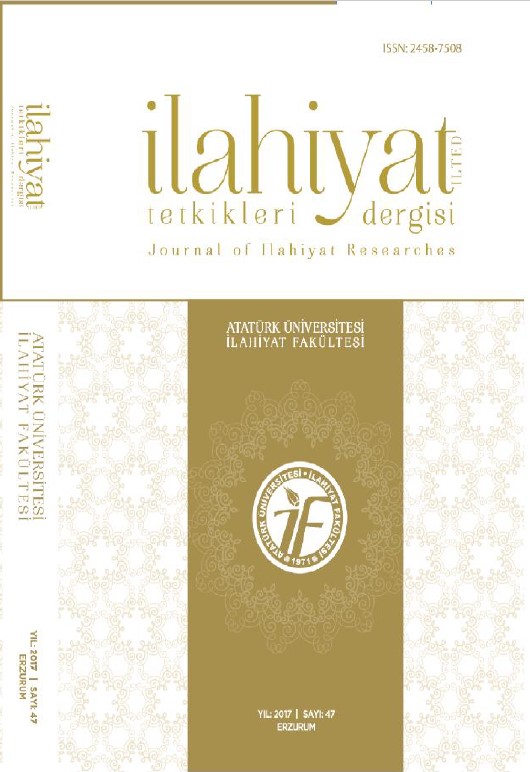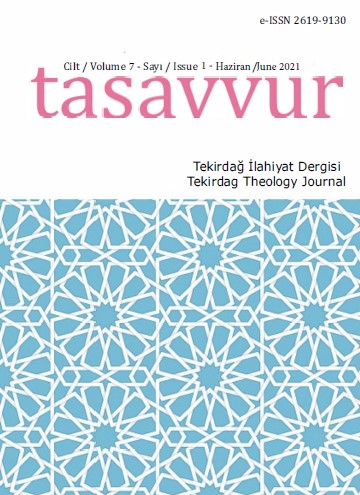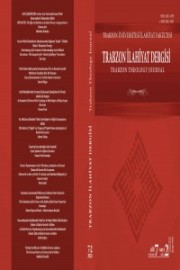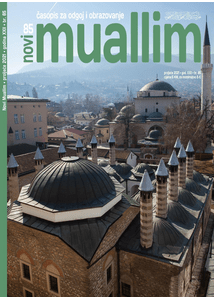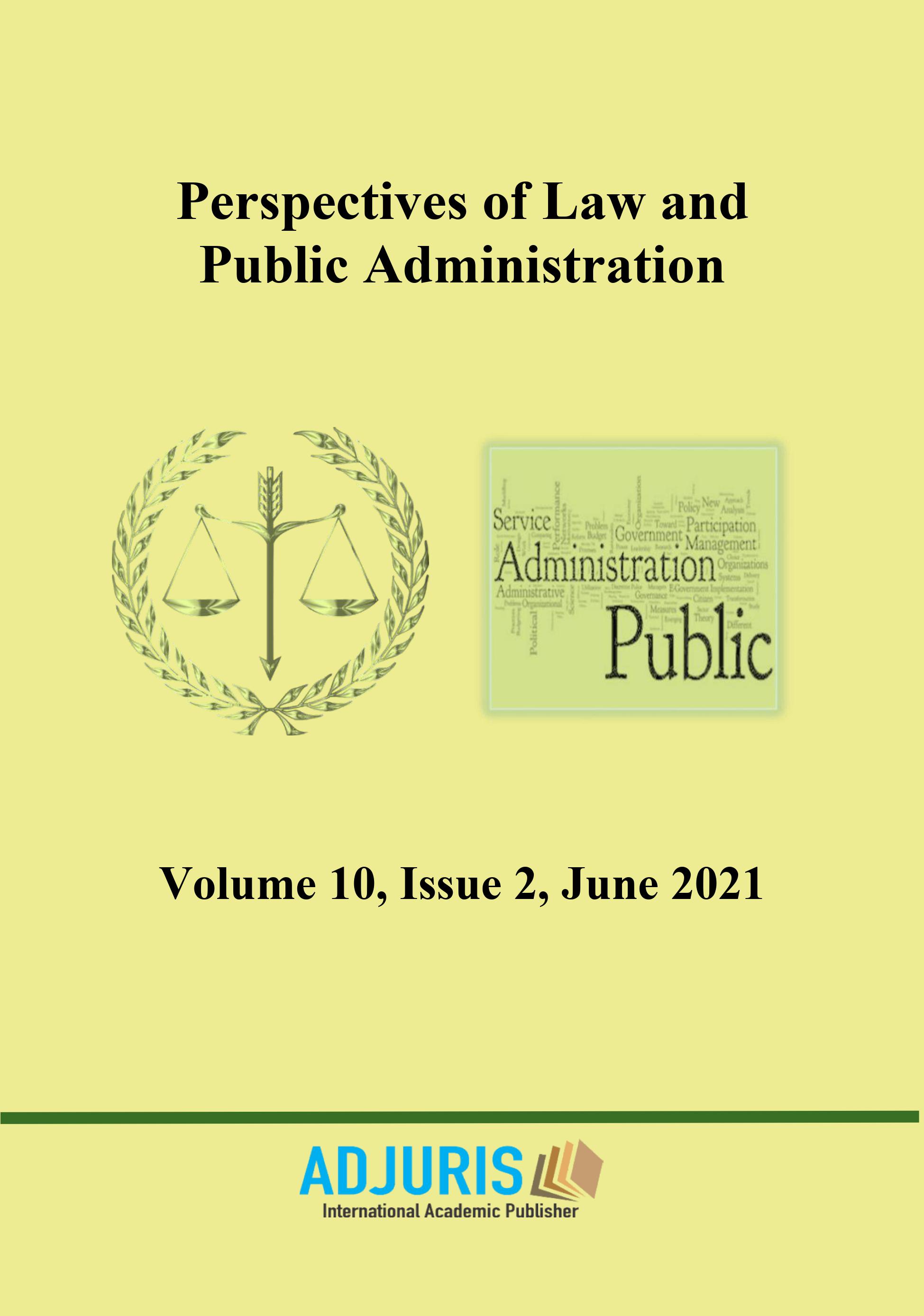Author(s): Yakup Mahmutoğlu,İdris Cebeci / Language(s): Turkish
Issue: 40/2020
Islam placed great emphasis on an uninterrupted link between the servant and the creator. Undoubtedly, one of the most important elements that strengthen this link is the sincere worship of the servant to the God. Since prayer (salāt), on the other hand, is the most important of these worships, the ablution and dry ablution (tayammum), which are accepted as a preparation for prayer, were considered as important.
In the Qur’ān, ablution and dry ablution topics are dealt as detached in verse 6 of al-Māidah and verse 43 of al-Nisā. As a result of the efforts made by Islamic scholars towards understanding these two verses, many comments and Islamic judicial opinion emerged.
One of the most important disputes that arise in the context of these two verses is whether touch-ing the opposite sex has spoil the ablution or dry ablution. There have been many disputes about what is meant in the aforementioned verses from the first period (‘aṣr al-sa‘adah) namely; the following statement mentioned as one of the situations in which ablution and dry ablution should be taken: “… أو لامستم النساء (aw lāmastum al-nisā’a/or when you touch women)…” some scholars said, the statement of “… أو لامستم النساء ( aw lāmastum al-nisā’a/or when you touch women )” means, touch; some said it means touch with lust, others said it was figuratively sexual intercourse (jimā). Based on these different meanings, some scholars have expressed an Islamic judicial opinion as “touching the opposite sex in absolute terms”, some “touching only with lust” and others “sexual intercourse with women” spoils the ablution and dry ablution.
In the study, the opinions of the non-Sunnī Shiite-Jafarī, Shiite-Zaydīs and Khārijī-Ibāzīs sects on the subject of “lams/mulāmasa (touch, intercourse)” in the context of the relevant verses, reason (‘aql) and revealed (naql) evidences based on their opinions, and their answers to scholars and sects in opposition to defend their views, were made by referring to basic resources as much as possible.
When dealing with the subject, firstly, the meaning of the words “lamasa/lāmasa” in the men-tioned verses is referred in some important classical dictionaries, in the meaning of the works such as Gharib al-Qur’ān and in tafsīr (Qur’ān interpretation) sources. The reading of the related verses, how these differences were evaluated by various Qur’ān recitations (qira’at) and Islamic jurists, and their effects on meaning were revealed. Afterwards, the verses (al-Māidah 5/6, al-Nisā 4/43) and hadīths were mentioned with their meanings and were briefly evaluated in order to provide a basis for the views of non-Sunnī sects. In this context, the approaches of Jafarī, whose understanding of hadīth method is different from others, to the concept of hadīth/narration, are briefly given.
After the foregoing explanations made above, the views and evidence of non-Sunnī sects on lams/mulāmasa (touching) were revealed in detail and the following findings were reached: The Shiite-Jafarī tried to explain the issue of lams/mulāmasa only with the narrations coming from the imams of the People of the Household (ahl al-bayt) especially in the early periods due to their hadīth understanding and some sectarian attitudes. Other did not include any narrations (tran-scripts) from many companions (ṣahabah) and tabi‘in (ones who saw ṣahabah). They also did not need to refer rational (‘aqlī) and dictionary-based evidence. In this respect, it is possible to say that they exhibit a very different and/or protective approach compared to other sects. However, it was observed that Jafarīs displayed different methods within the sect while dealing with the subject of mulāmasa in the historical process. For example, the first scholars of the Shiite-Jafarīs belonging to the Ahbārī tradition understood this subject only in the light of the narrations from the imams. They strongly opposed to resort to any other evidence than these narrations. Whereas the Usūlīs (and especially the 6th century scholar Tabarsī) that emerged in later periods, in addi-tion to the narrations from the innocent imams, also took into account the companions of Prophet Mohammad (ṣaḥabah), ones who saw ṣahabah (tabiīn) and the narratives from the Sunnī scholars, as well as the rational (‘aqlī) and dictionary-based evidences. As a result, Jafarī accepted the view that the expression “… أو لامستم النساء (aw lāmastum al-nisā’a …” in the relevant verses is a metaphorical sexual intercourse in the light of the narrations coming from the imams. Therefore, they argued that regardless of whether they were mahram (within the relationships forbidden for marriage) or nāmahram (unrelated), opposite sex kissing or touching each other would in no way spoil the ablution. Regarding this view, it was also said that there was no conflict within the sect and even an alliance (ijmā).
While the Shiite-Zaydīs also included an inference on lams/mulāmasa, unlike the Jafarīs, they included not only the narrations coming from imams of the People of the Household (ahl al-bayt) but also many hadīths and narrations in the sources regarded as valid by the sects outside the Shiites. Again, contrary to the Jafaris, they tried to support their views with rational and diction-ary-based evidence. For this reason, it can be said that the Zaydîs behaved relatively more posi-tively about the mulāmasa. Zaydīs stated that the purpose of the expression “… أو لامستم النساء (aw lāmastum al-nisā’a …” is a metaphorically sexual relationship according to the narrations that come through the companion of Prophet Mohammad, ones who saw ṣahabah and imams. In this respect, they adopted the view that men and women touching each other, regardless of whether they are mahram or nāmahram, will in no way spoil the ablution.
On the other hand, the Khārijī-Ibāzīs focused more on stains (al-najasa) and sin when they were writing the ablution situations in their early works. For this reason, it was observed that touching the opposite sex did not specifically deal with ablution. Therefore, they did not pay much atten-tion to the fact that the expression “… أو لامستم النساء (aw lāmastum al-nisā’a …” in the relevant verses is true or metaphorical. However, it has been observed that they have devoted quite a lot to the subject of mulāmasa in their recent works, especially Ma‘arij al-A‘mâl. Therefore, according to the Ibāzīs, since the words of lamasa/lāmasa in the relevant verses are sexual intercourse in a figura-tive sense, the absolute touching the opposite sex does not spoil ablution. However, because they argue that any bad words and behaviors that are accepted as sin will spoil ablution, these people said that looking or touching the woman’s body (the whole body except hand and face), which is forbidden to look at, will spoil ablution. And either they said that looking and touching with lust in places where it is not forbidden to look will destroy the ablution. In addition, it was observed that they used almost every hadīth/narration that supports their views as evidence, regardless of whether they are authentic or not.
More...
